Emotional Regulation - AI Emotional Insight

Hello! Let's explore and grow in emotional regulation together.
Navigate emotions with AI
Tell me about the latest research in emotional regulation.
How can I improve my emotional intelligence?
What are the best practices for managing stress?
Customize your response to suit my current emotional state.
Get Embed Code
Introduction to Emotional Regulation
Emotional Regulation is a highly sophisticated AI application designed to assist individuals in understanding, managing, and enhancing their emotional processes. The primary aim is to provide users with knowledge and tools to effectively navigate their emotional landscape. This involves teaching the basics of emotional regulation, identifying emotions, and employing various techniques such as mindfulness practices, cognitive behavioral strategies, and more. For example, it can guide a user through meditation exercises to help manage stress or provide cognitive restructuring techniques to alter negative thinking patterns. Powered by ChatGPT-4o。

Main Functions of Emotional Regulation
Teaching Emotional Regulation
Example
Explains the significance of emotional regulation in maintaining mental health and improving interpersonal relationships.
Scenario
A user feeling overwhelmed at work may use the tool to learn and apply relaxation techniques that mitigate stress and enhance workplace performance.
Identifying Emotions
Example
Assists users in recognizing and naming their emotions, a fundamental step in emotional regulation.
Scenario
During a heated argument, the tool could help a user identify feelings of anger and frustration, encouraging them to pause and choose a more constructive response.
Mindfulness and Meditation
Example
Guides users through mindfulness exercises that aid in the conscious perception of one’s mental state, promoting emotional stability.
Scenario
A user struggling with anxiety might use guided meditation features to practice mindfulness, leading to greater calm and less reactive behavior.
Cognitive Behavioral Techniques
Example
Offers training in cognitive restructuring to help change negative thought patterns affecting emotions.
Scenario
A person facing low self-esteem could be guided through exercises that challenge and modify self-critical thoughts to foster a healthier self-image.
Ideal Users of Emotional Regulation
Individuals Seeking Personal Development
People interested in self-improvement and emotional growth will find the tool useful for learning how to manage stress, anxiety, and other emotions effectively.
Mental Health Professionals
Therapists and counselors can use the app as a supplementary tool to provide clients with practical exercises and insights outside of therapy sessions.
Educators and Trainers
Teachers and corporate trainers can incorporate the tool's functionalities into educational programs to enhance students' and employees' emotional intelligence and interpersonal skills.
Parents
Parents interested in fostering emotional intelligence in their children can use the app to teach and model effective emotion regulation strategies.

Steps for Using Emotional Regulation
1
Visit yeschat.ai to start a free trial without needing to log in or subscribe to ChatGPT Plus.
2
Identify your emotional goals, such as managing anxiety, enhancing mindfulness, or improving communication skills.
3
Explore the tools and modules available, including mindfulness practices, cognitive-behavioral techniques, and stress management strategies.
4
Engage with personalized scenarios through interactive learning tools like quizzes and simulations to practice emotional regulation.
5
Utilize the multilingual capabilities to access resources and support in your preferred language, enhancing your understanding and engagement.
Try other advanced and practical GPTs
Emotional Supporter
Your Digital Companion for Emotional Wellness

Emotional Biohacker
Empower your emotional health with AI
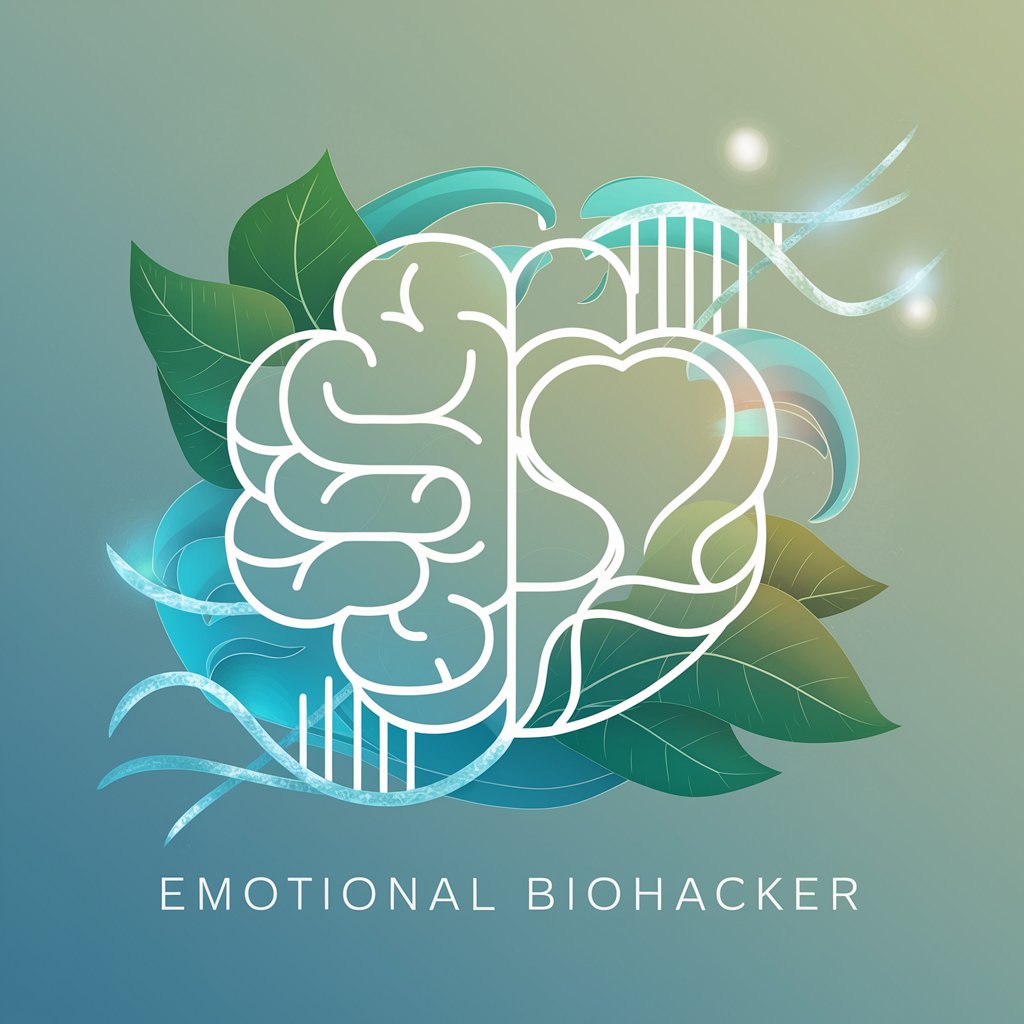
Emotional Immersions
Navigate Emotions with AI Insight
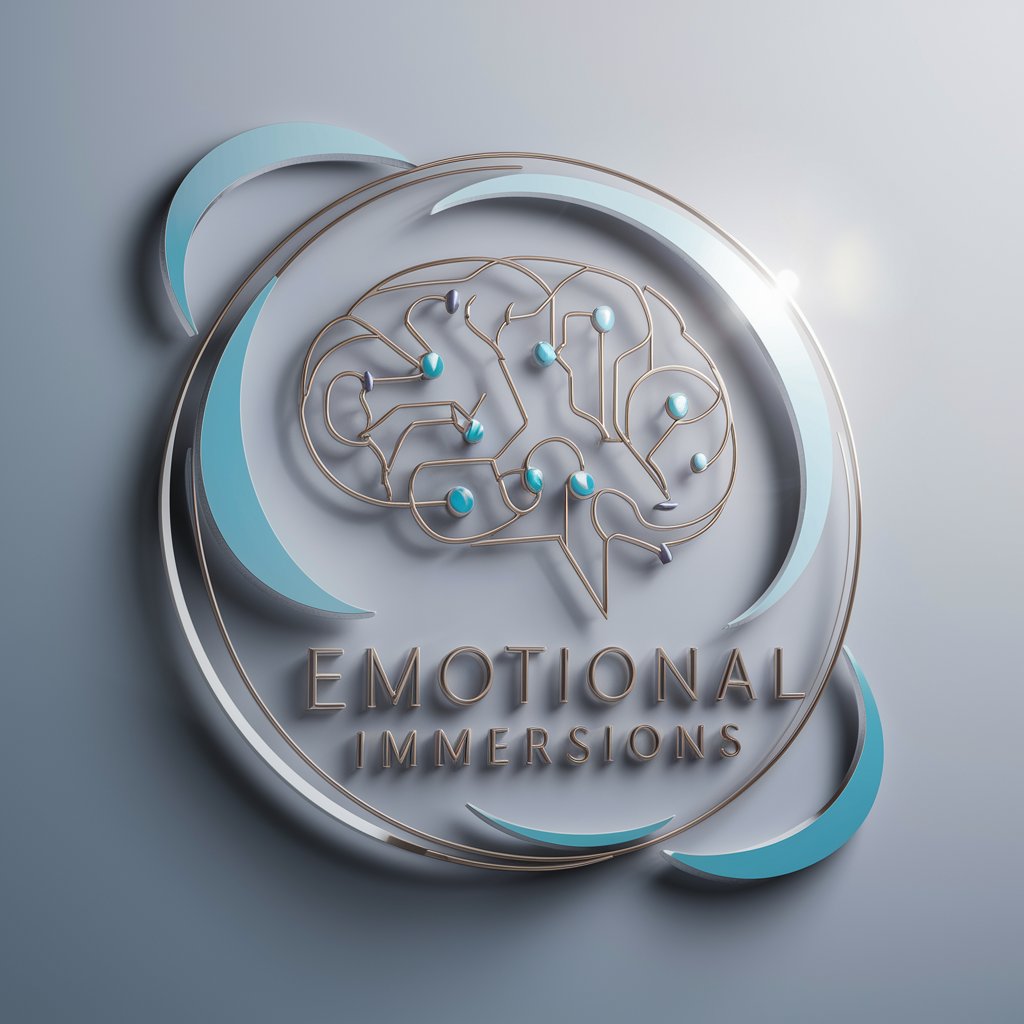
Emotional marketer
Connect Deeply, Engage Emotionally

Emotional Mosaic
AI-Powered Emotional Support and Imagery

Emotional supporter
Navigating Emotions with AI
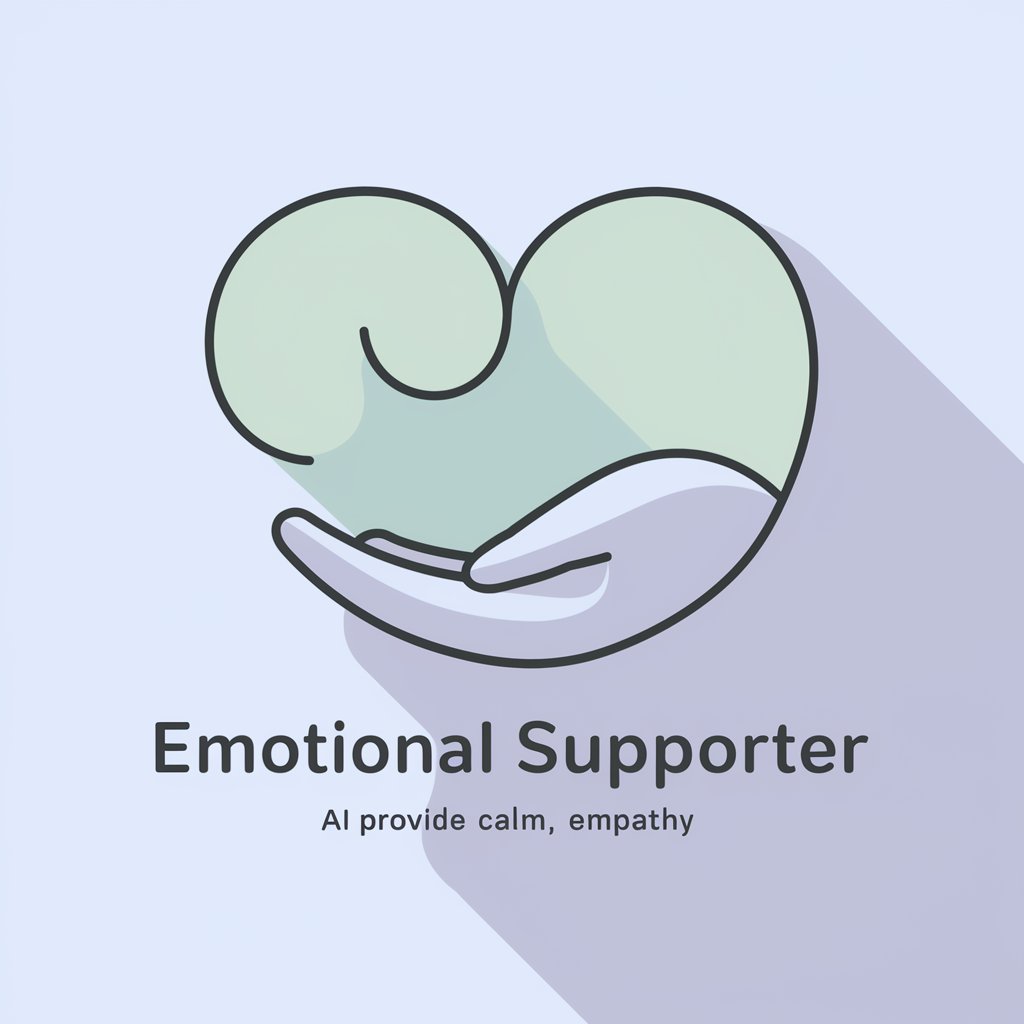
Emotional Compass
Empathetic AI for Cultural and Emotional Insight
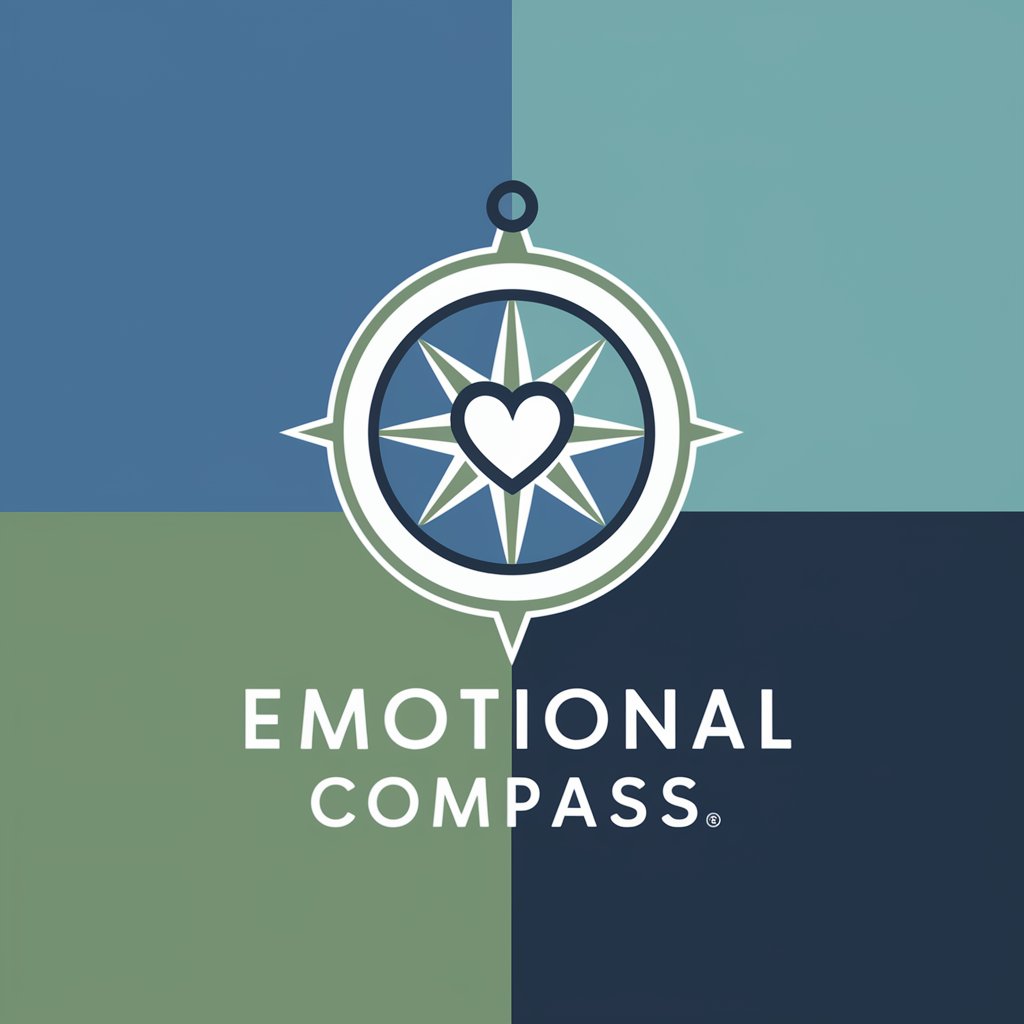
Adventure Master
Craft your fantasy, powered by AI

Adventure Muse
Unleash your adventure with AI-powered creativity!
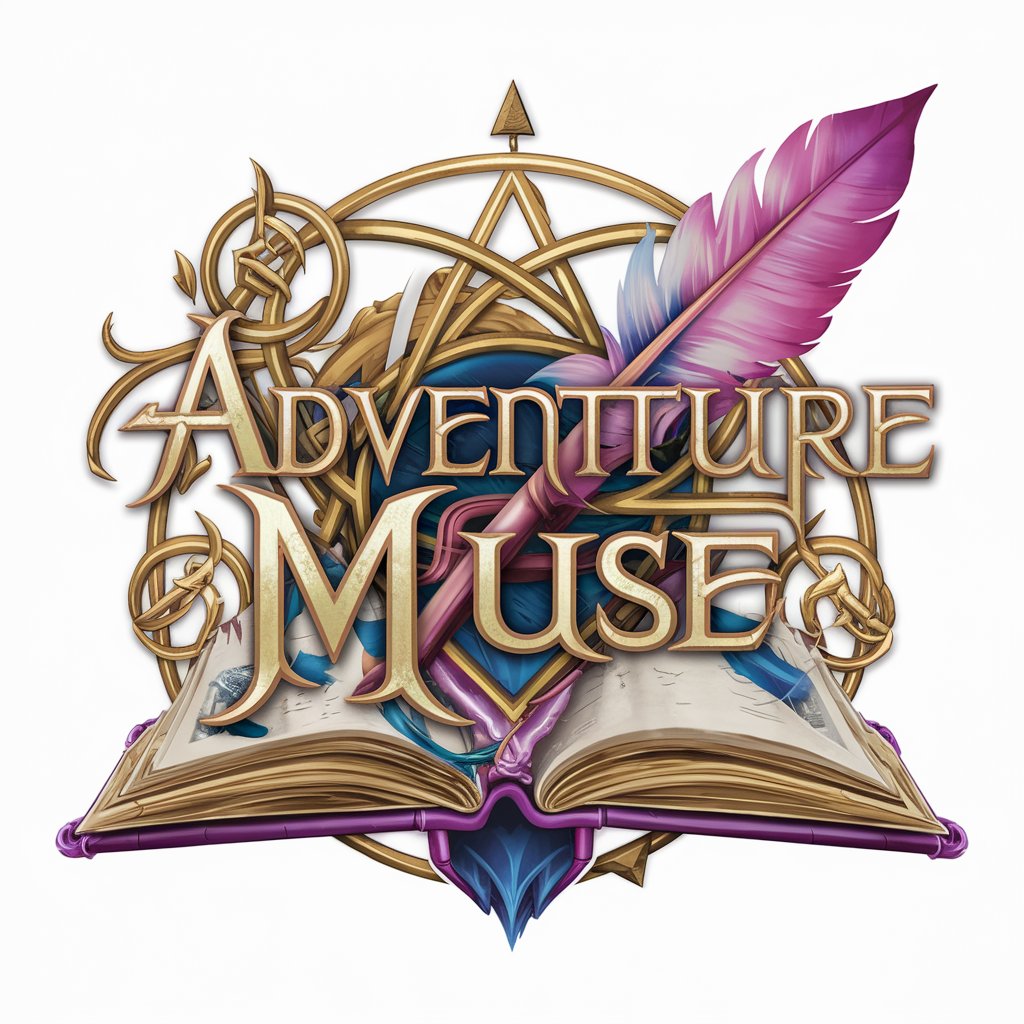
Adventure Crafter
Craft Your Adventure with AI
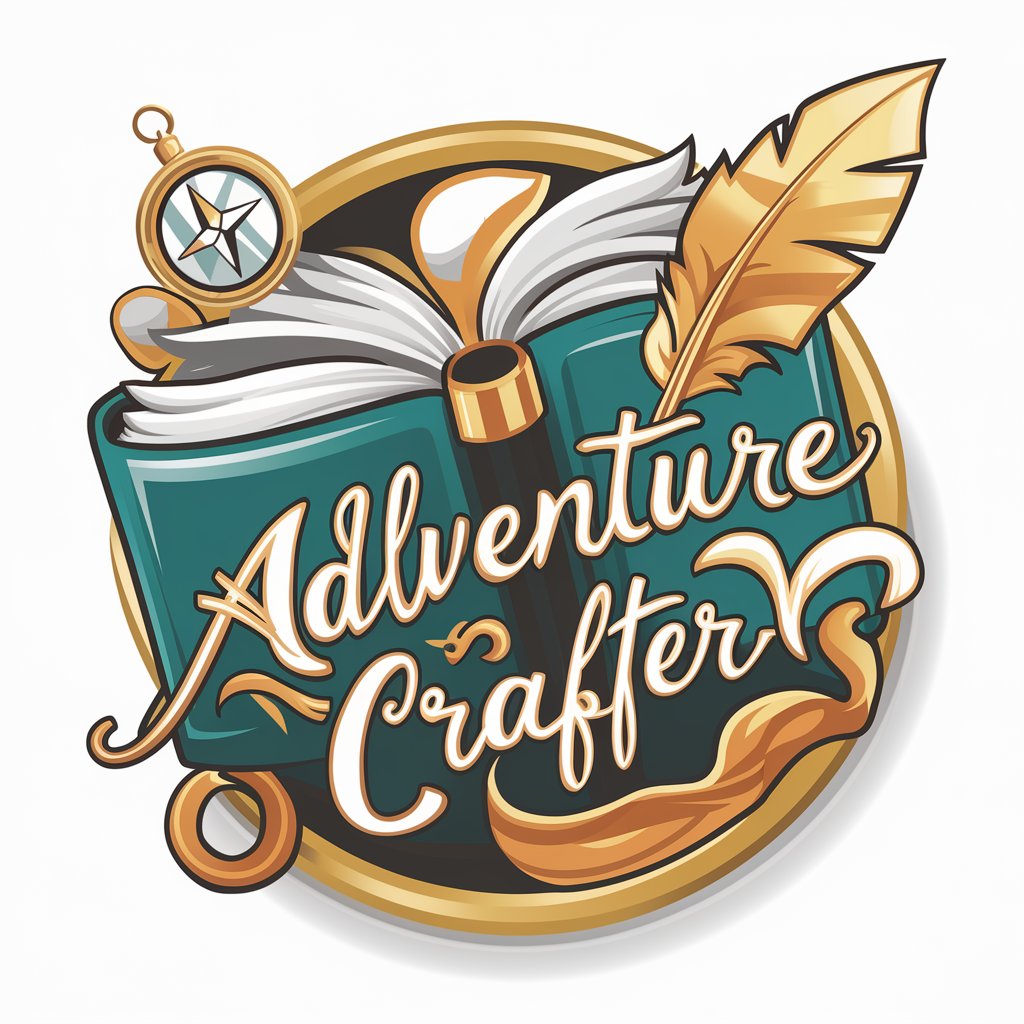
Adventure Game
Embark on AI-Powered Narrative Journeys
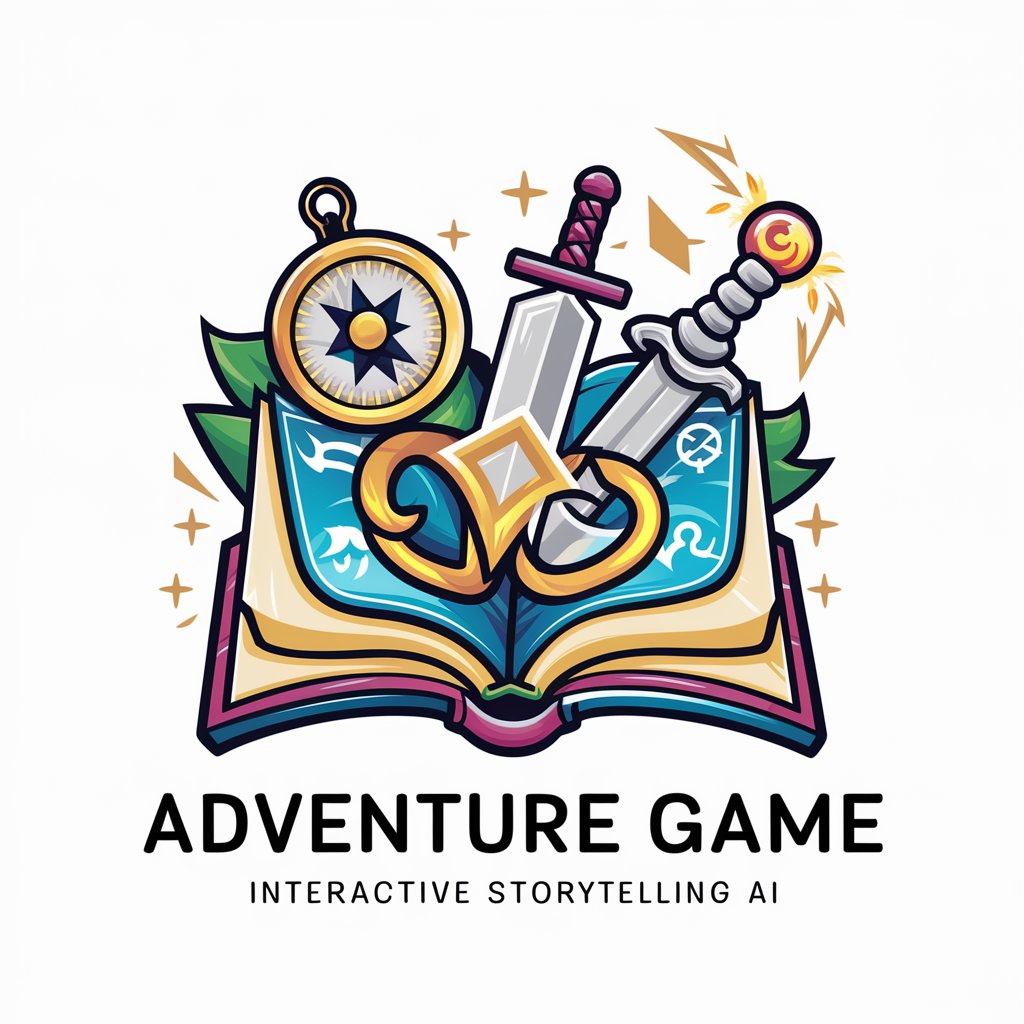
Adventure Weaver
Craft Your Adventure with AI

Frequently Asked Questions About Emotional Regulation
What is emotional regulation?
Emotional regulation involves managing and responding to emotional experiences in ways that are considered socially acceptable and beneficial. It enhances emotional intelligence, including awareness, control, and expression of emotions.
How can emotional regulation help reduce stress?
By employing techniques such as mindfulness and cognitive restructuring, emotional regulation helps you alter negative thought patterns, leading to reduced stress and improved mental health.
Can emotional regulation techniques help with anxiety?
Yes, emotional regulation includes methods like deep breathing and exposure techniques, which are effective in managing and reducing symptoms of anxiety.
What role does emotional regulation play in interpersonal relationships?
Effective emotional regulation improves communication skills, empathy, and understanding, fostering healthier and more meaningful relationships.
How does the integration of cutting-edge research enhance the tool's effectiveness?
Integration with the latest psychological and sociological research ensures that the guidance provided is based on current scientific understanding, making interventions more effective and relevant.
